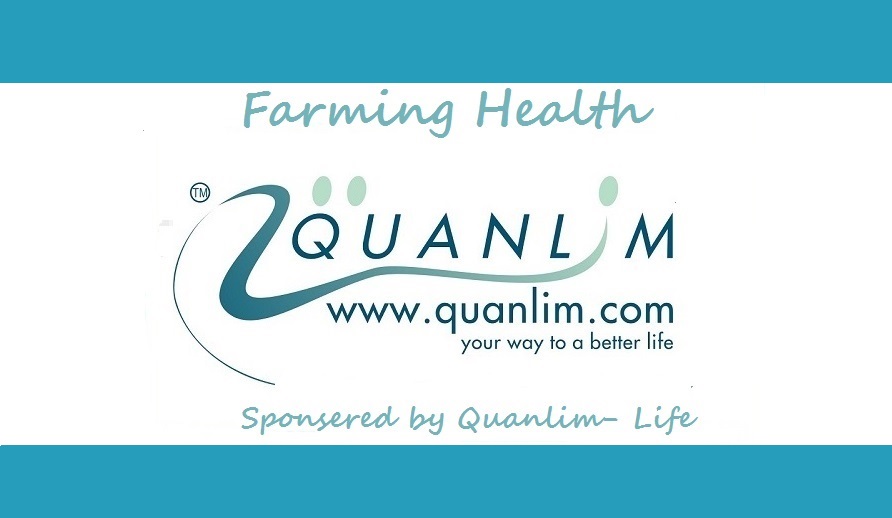It’s becoming clear that the idea, “You are what you eat,” is not just a common saying. Research has begun to indicate that the contents of our GI tract, are not only very important, but somewhat controllable.
Growing evidence shows that The Plant Based Diet Plan may increase microbiome gut health and decrease the risk for disease. With this budding research, we see that the contents of the GI tract depend upon our current disease state and our weight, and can be linked down the line to Type II diabetes and possibly even cancer.
The GI tract is an important part of our body, and regulates everything from nutrient uptake to hormone production. This system is part of the neuroendocrine metabolic (NEM) stress response. The GI tract is related to the detoxification and metabolic systems in the body. Through these, many other systems are influenced such as the inflammatory response, hormone levels, and neurotransmitters released. When the GI tract is functioning properly, it helps the NEM stress response function best when it needs to response to stress stimulus, which helps the body maintain optimum health.
Microbiome Gut Health
In studying microbiome gut health, the microbiomes, microbiota, or gut flora of the GI, it’s become clear that this environment performs several key duties, such as producing vitamins for the body and helping metabolize or absorb food. Indeed, such research has led many professionals to consider the microbes in our body – the ones we interact with on a day to day basis, such as those of the GI –as equally important as the original Genome Project. This is the project that mapped the genetic structure of our body. In fact, some researchers consider the Microbiome Project (the equivalent study of these microbes that dwell on and within us) as far more important, as it is an element of our overall health that we can actually have an impact upon and change.
ALSO READ- Gut Health and Colostrum
A simple way of understanding how this ecosystem interacts is that the good bacteria in our stomach help in many of our dietary functions and overall health. The more good bacteria we have, the less likely we are to have any pathological damage in the future. When we eat properly, we’re ensuring that we nourish the bacteria so that they can energize and continue to perform essential duties in our overall health. Let’s take a closer look at exactly what these floras do for us.
Disable further microbial growth of bad bacterium by creating their own barriers
Digest and reform nutrients to nurture the colon and liver
Strengthen what has been considered the biggest immunity organ, thus improving our immunity
Synthesize many crucial vitamins, especially B vitamins and Vitamin K
From an energy standpoint, more fiber means less calorie intake. If we eat more fiber, we need to eat less food, which becomes a great way to lose weight. Less fiber means we lose more fecal energy. This means we’re wasting more of the food intake because it’s not as valuable or properly digested. This research is all very new, and makes another case for dietary and supplement change, and the consideration of getting guidance in this seems more and more wise.
There seems to be a correlation between a quality microbiome gut/GI environment and the amount of food we eat as well. The more excess calories we consume, the poorer the microbial habitat. Research also indicates that a broad probiotic or prebiotic treatment can be very good for short-term and long-term microbial health, and lists Lactobicillusrhamnosus as a broad-spectrum, multi-purpose start.
The Plant Based Diet Plan
Some general rules of thumb to better follow the plant based diet plan to enrich the diversity of microbes in the GI and stomach and high fiber diets which make for higher variety of strong “good” stomach bacteria. Less fiber means less microbial diversity and a higher chance of microbial content that can become pathological, leading to Type II diabetes and possibly cancer.
This series of studies is further proof that we may need dietary and supplemental guidance to ensure that what were are eating doesn’t make us become sick, either in the short term or long term. While probiotics and diet play heavily into our stomach and GI flora, much research needs to be confirmed and much more needs to be started. A high-fiber, and organic-minded diet like the plant based diet plan has been and remains the best outlook for this ecosystem and its effect on future disease states and health.













